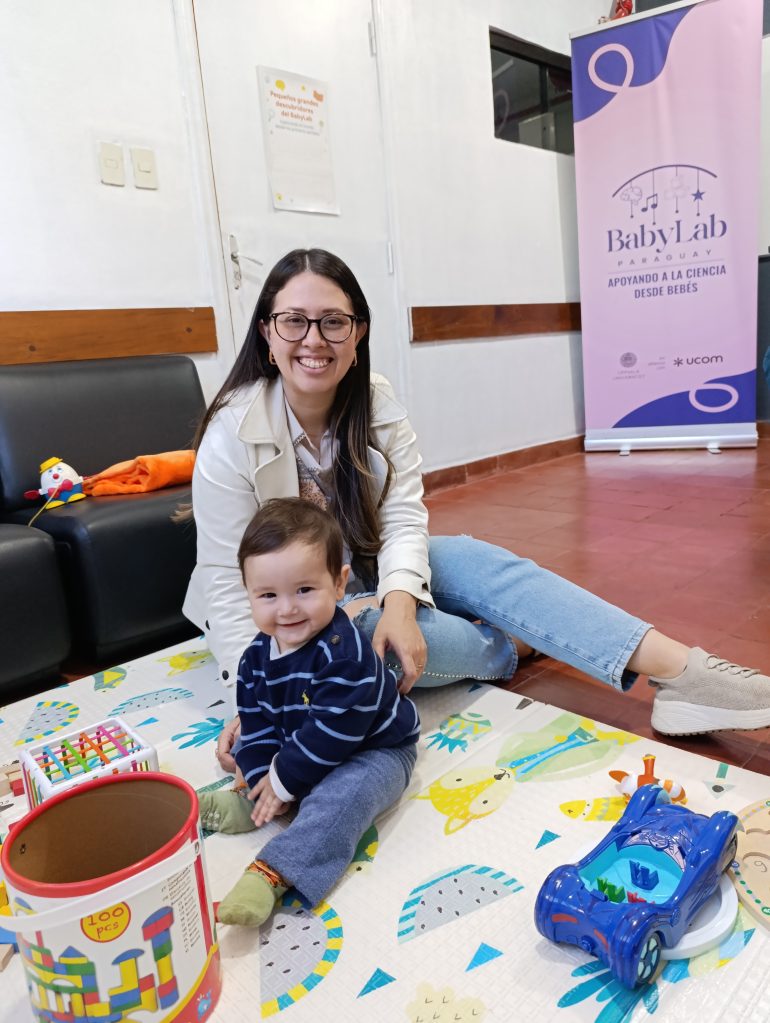In an inviting room at the Universidad Comunera (UCOM) in Asunción, Paraguay’s first BabyLab is changing how researchers and families understand early childhood development. This initiative, a collaboration between UCOM and Uppsala University in Sweden, is bringing together babies, parents, and scientists to explore how play shapes infant cognitve development. The Asunción Times went to have a look.
Bringing BabyLab to Paraguay
BabyLab Paraguay emerged from an international partnership with Uppsala University’s Child and Baby Lab. Eliana Valdez, originally from Coronel Oviedo and now based in Asunción, Paraguay, is leading the project as the Research Coordinator. Her background spans chemistry, education and cognitive neuroscience specifically, educational neuroscience.
The project, affiliated with UCOM in Asunción and funded by Uppsala University in Sweden, is led by project manager Laura Galeano, a PhD student at Uppsala working at the Child and BabyLab under Professor Gustavo Gredebäck, who secured the funding. At UCOM, Eliana Valdez collaborates closely with Claudia Giménez, whose contributions have been fundamental, while Dra. Antonieta Rojas, the university’s Rector, also participates in the study. The team has further benefited from the invaluable support of volunteer Cecilia Scales.
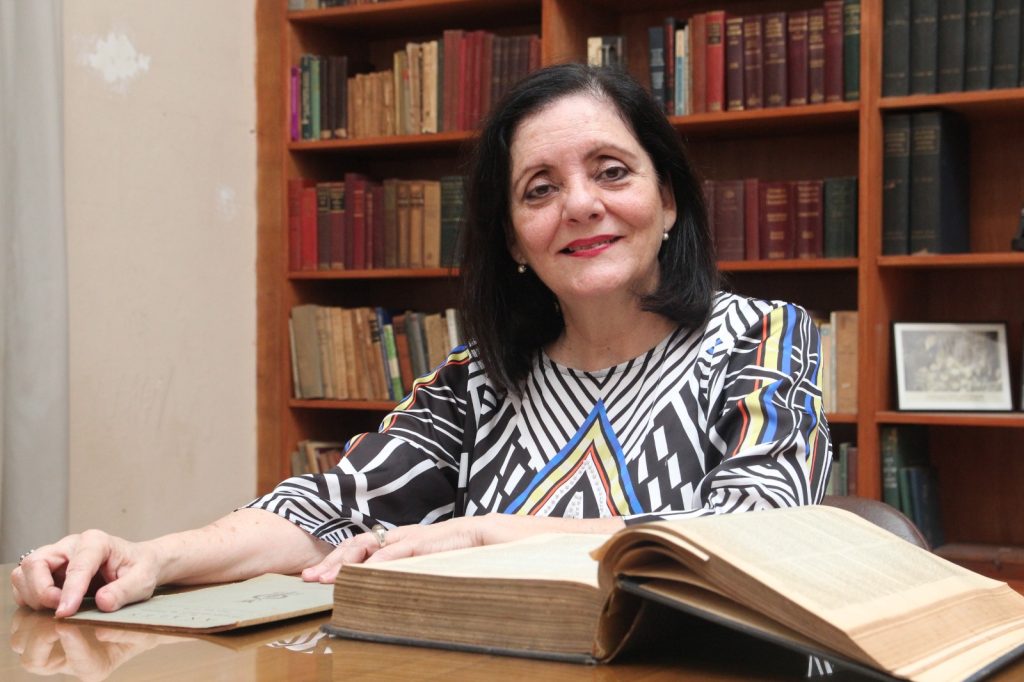
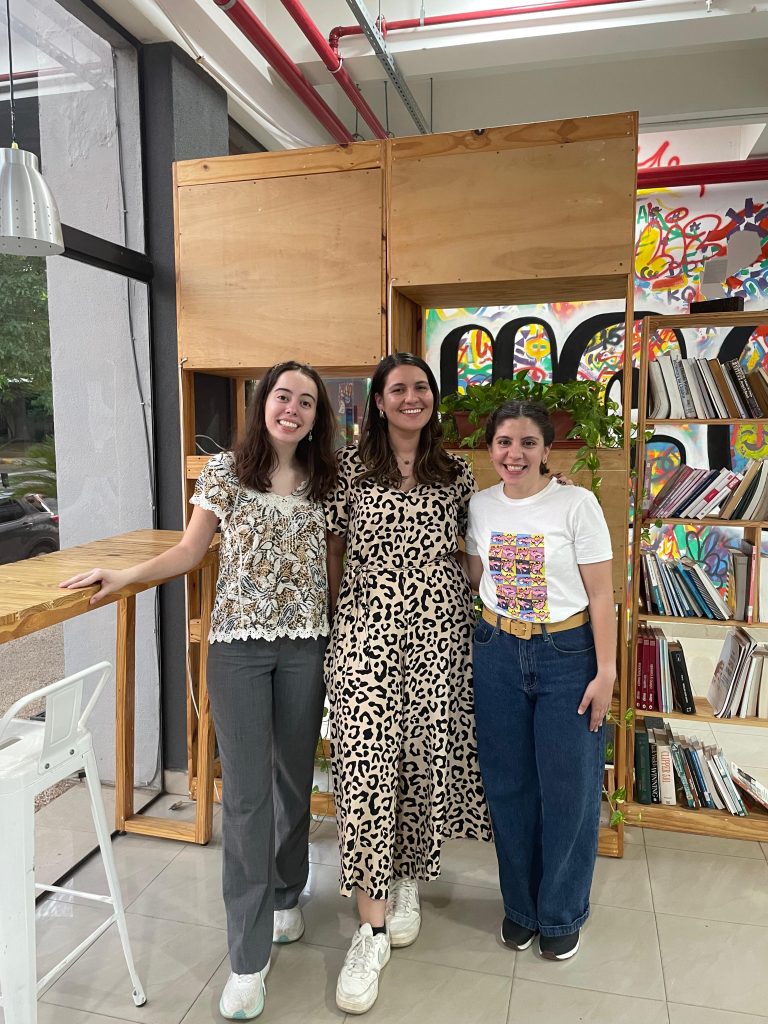
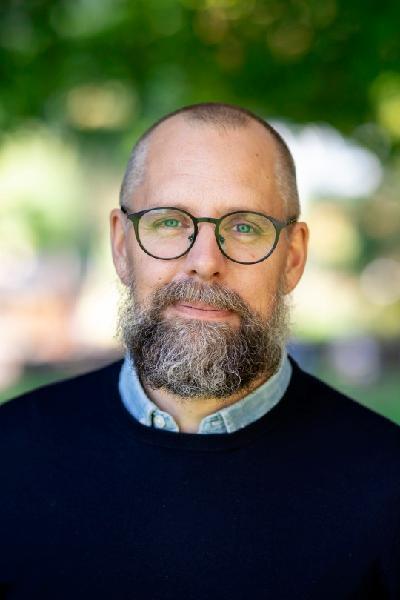
The opportunity arose when Uppsala University sought to explore whether their research could be applied in a different context, and country. “There is nothing here, nothing related to neural development or early infancy”, says Eliana about this kind of research in Paraguay. This project will contribute valuable insights to the limited existing data on infant cognitive development in Paraguay, helping to address a significant gap in the field.
Using the Swedish study as a model, the researchers brought the methodology, equipment, and analysis tools to Paraguay. But this is not a simple copy-paste. Everything, from the activities to the way parents are recruited, has been adapted to the local cultural and socioeconomic landscape. It is the first study of its kind in Paraguay.
What the study aims to understand
At the heart of the BabyLab is a deceptively simple question: What happens when you increase both the frequency and quality of play between infants and their parents? “We are studying the visual and spatial abilities”, Eliana explains. The team is also interested in how parenting practices, socioeconomic background, and cultural factors might shape a baby’s development.
The study focuses on babies around eight months old, and particularly on how interactive play influences cognitive development. Participating parents receive a playful activity plan and keep logs of their interactions: five minutes of play, five times a week, for eight weeks. Families then return to the lab for a second round of observations, measurements, and interviews.
Inside the Lab: playing, observing, tracking
One of the key tools used in the study is eye-tracking technology, which records where and how long a baby looks at different stimuli on a screen. This allows researchers to gain insights into attention span and visual preferences. The tests are run twice, once at the beginning of the eight-week period, and again at the end.
Parents also complete detailed questionnaires about their baby’s development, screen time, play habits, and socioeconomic conditions. The eye-tracking equipment, developed for the original Uppsala study, is a first in Paraguayan research. Data from the Paraguayan study will be analysed using the same software as the Swedish study.
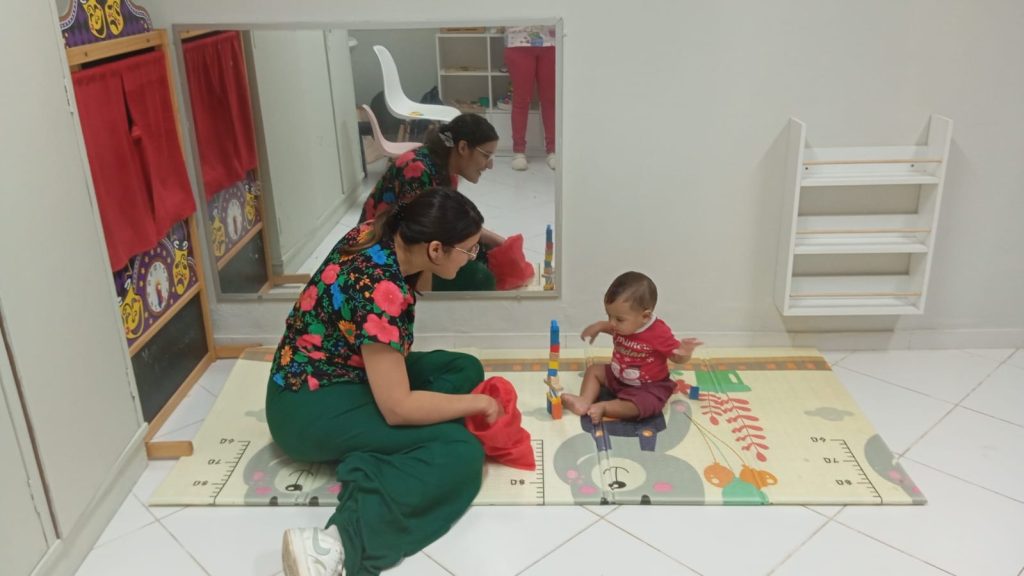
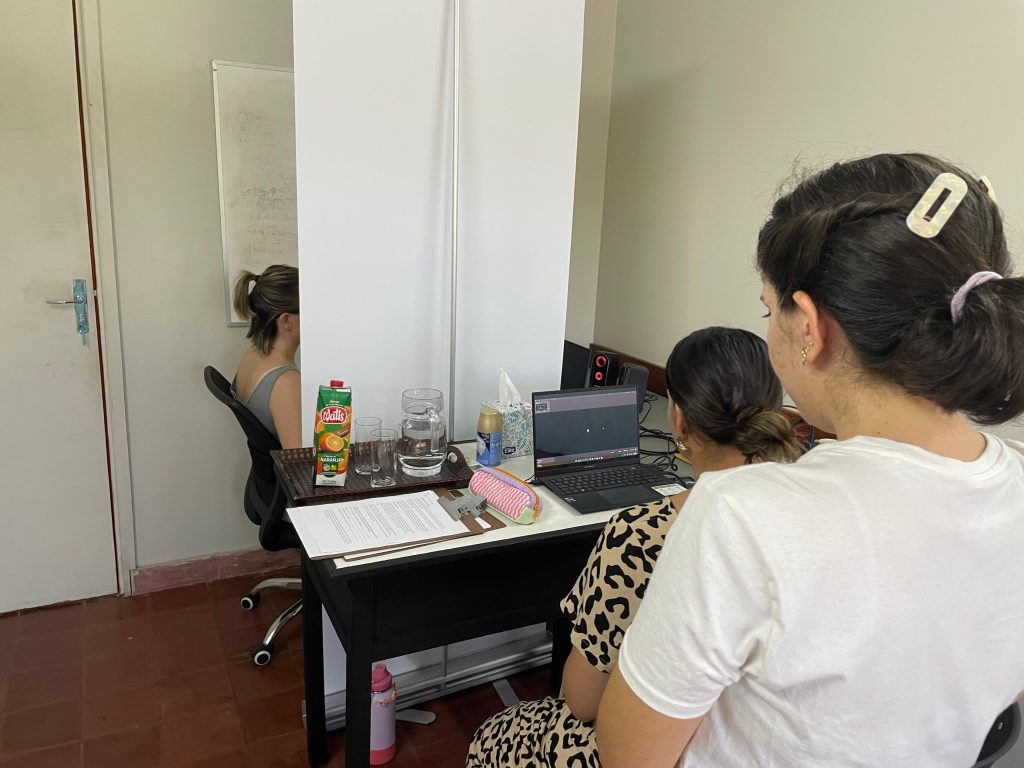
Adapting to the local context
Adapting the project for Paraguay has meant more than just translating documents. Eliana learned quickly that scientific research in Paraguay requires adaptation to the local culture.
For instance, unlike the Swedish project, she had no database of volunteer parents to draw from. Instead, she turned to social media to find participants. “We went into WhatsApp groups, talking to people and the community.”
There were other challenges, too. Some parents struggled to commit because of long working hours, financial constraints, or even the unpredictable Paraguayan weather. To make participation easier, the BabyLab partnered with the ride-hailing company Bolt to help families travel to the lab.
Despite these obstacles, Eliana sees great value in working within this context. “It is important to have the perspective of people working here. Now, I know how it works here and I learned a lot about how to make things different,” she says. “Then, I can share those perspectives with other people that would like to do something similar in another country in South America, in other countries or in other continents too.”
A small lab with big ambitions
Though still in its early stages, BabyLab has ambitious goals. Eliana hopes its findings will help influence national policies on early childhood development, and family support. “Education is a big part of society,” she states.
Eliana envisions BabyLab becoming a permanent fixture in Paraguay. “Creating this space, the baby lab and having an eye tracker here, we are very open,” she explains. “We aim to make more collaborations with local universities, or people.”
Funding, however, remains a major obstacle. The team is seeking regional and international partnerships to sustain the lab, build connections with other BabyLabs across Latin America to share knowledge and strategies, and continue advancing research into cognitive development.
To learn more about the study or get involved, visit Universidad Comunera’s website and follow BabyLab Paraguay on Instagram for updates and insights.

